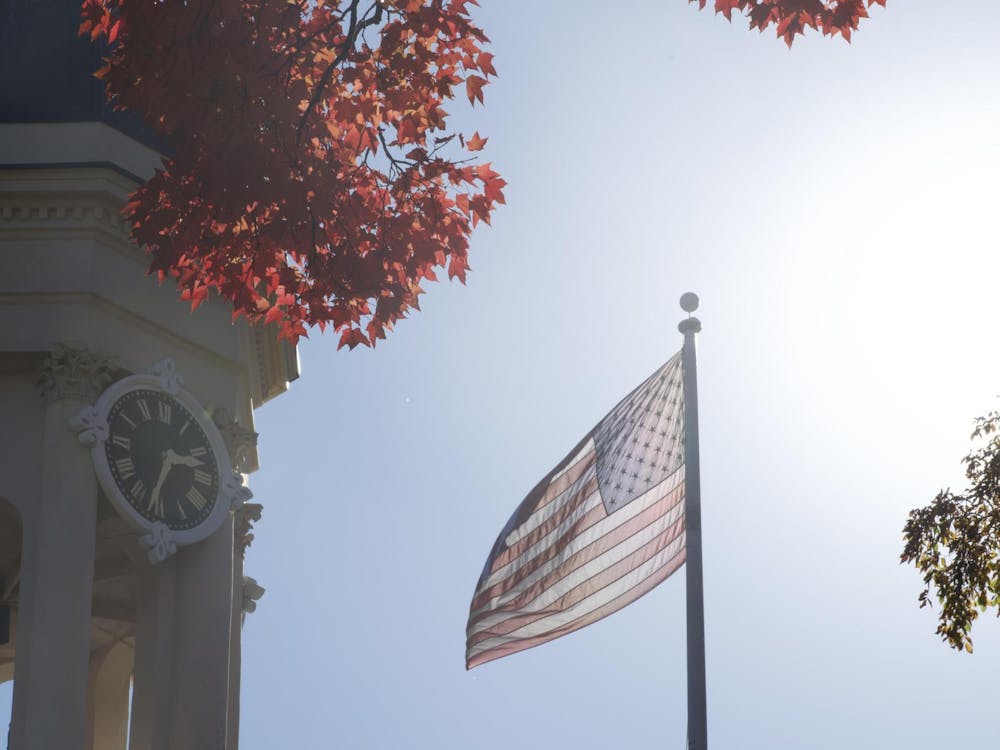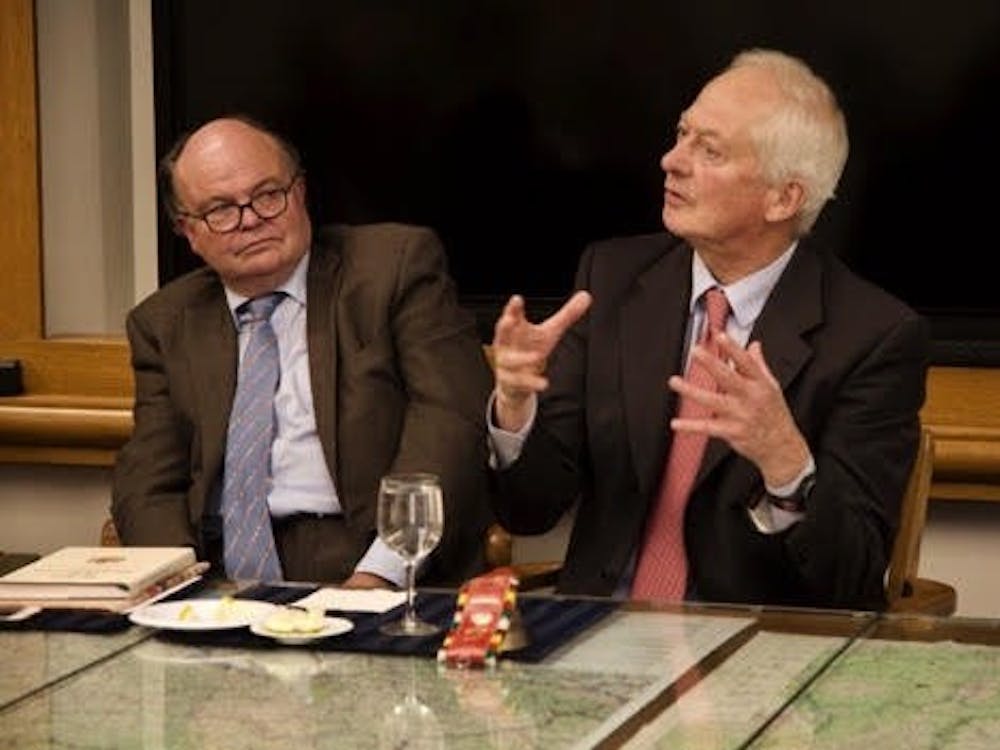Just in time for the beginning of the new admissions season, the University was ranked number one last week among 249 similar institutions by U.S. News & World Report — for the second year in a row.
"I don't think the University was especially surprised," said University spokesperson Marilyn Marks. "But we certainly didn't think this would happen again."
Though the magazine's website encourages prospective students to use the rankings only to form a preliminary list of schools to which to apply, Dean of Admissions Fred Hargadon said he feels the list harms the application process.
"I think these rankings lead students to place too much weight on getting into a 'name' college and too little weight on what it is they are going to do once they get to whichever college it is they attend," he said in an e-mail.
Trailed by Harvard and Yale Universities in overall score, Princeton also holds the title of the university with the highest percentage of alumni giving, at 66 percent of graduates. Dartmouth College ranked number two in this category with 48 percent.
"Certainly the University has always been very grateful for the contributions of our alumni, and we know that they have been very generous," Marks said.
The magazine used the school's alumni giving rates as indicators of how satisfied students were with their schools.
...The alumni giving rank counts for five percent of a school's overall score.

...The University tied with Harvard, Massa-chusetts Institute of Technology, Stanford University and Yale for the institution with the best reputation.
...According to the U.S. News website, a school's reputation is determined by a national survey of presidents, provosts and deans who rate their school and other schools on various factors. A school's reputation counts for one quarter of the school's overall ranking.
Richard Folkers, director of media relations at U.S. News, said the rankings are "a statistical survey of 16 indicators of academic quality." The process of collecting and processing the data takes nine months, he said, and was completed in the spring.
Hargadon was not impressed with the results. "I'm not and never have been a big fan of the USNWR rankings," he said. "I don't believe that colleges can be ranked precisely anymore than applicants can be ranked precisely, given all of the individual variables that differentiate one institution from another and one applicant from another," he said.

Among the other categories that are factored into the rankings, Princeton was ranked fourth for student-to-faculty ratio, which was six to one, and third for percent of classes with fewer than twenty students, with 71 percent.
"While Princeton officials were pleased to be recognized as one of the many outstanding universities, they downplayed the significance of the rankings," University officials said in a statement. The rankings "cannot capture the distinctiveness of any institution."
U.S. News did not change its ranking formula since last year, when Princeton was also ranked number one. The only changes were in the classification of some institutions, based on the categories determined by the Carnegie Foundation for the Advancement of Teaching.
The Carnegie Foundation's categorization is an accepted standard, according to the U.S. News website.
Hargadon said the rankings in the past did not necessarily affect Princeton's applicant pool.
"It's hard to know how much of [the increase in applications] to attribute to the ranking, given that our application numbers vary from year to year . . . without any apparent relation to USNWR rankings," he added.







